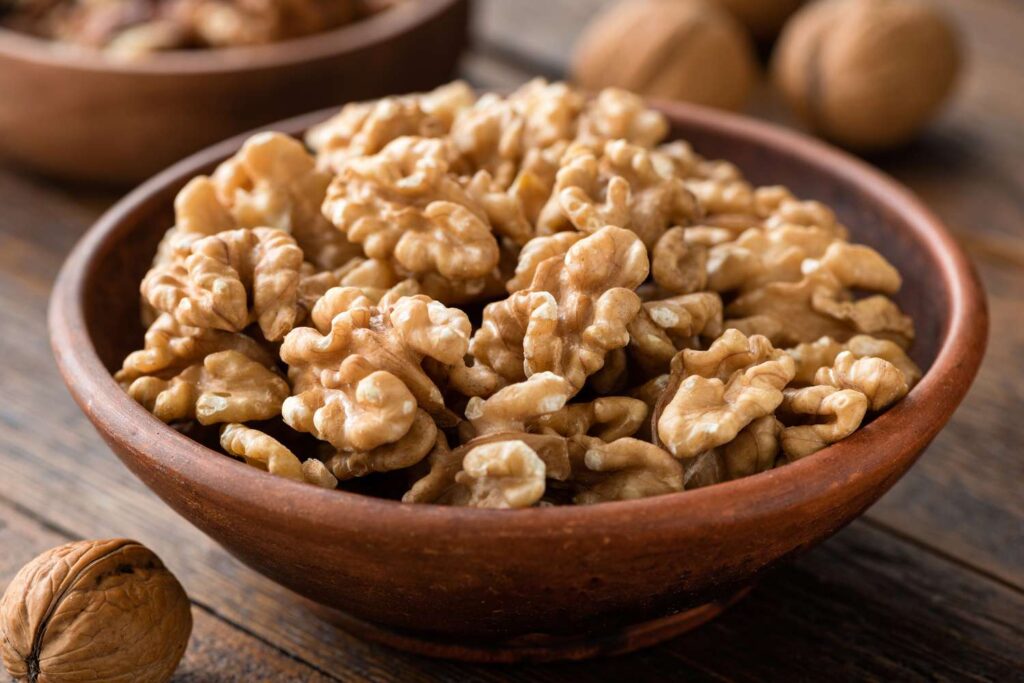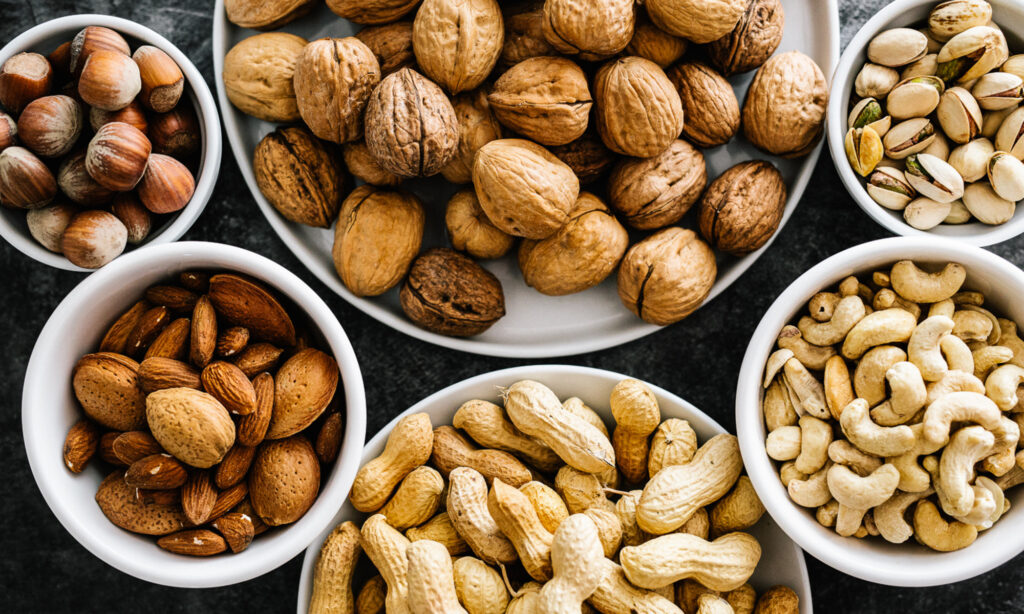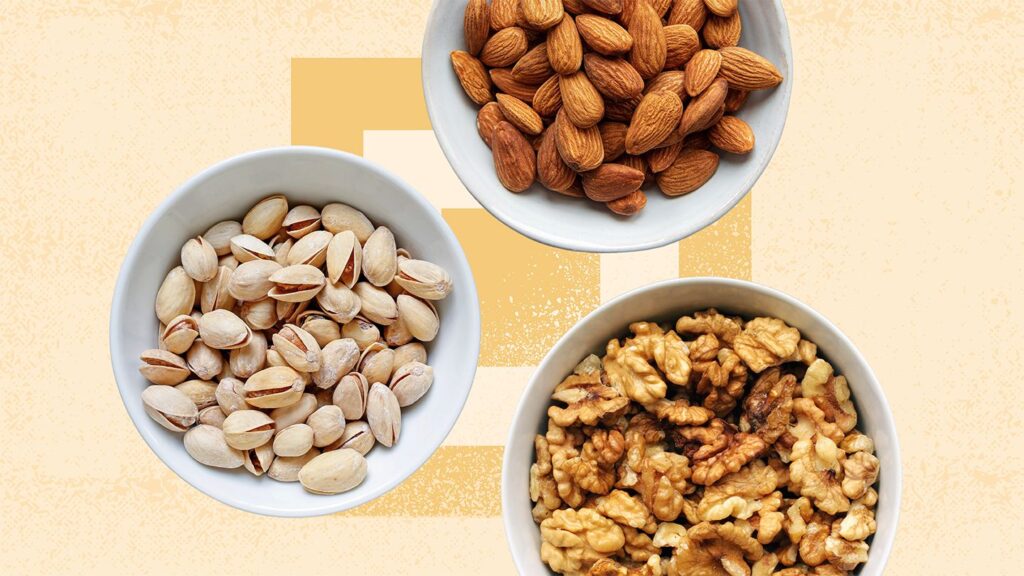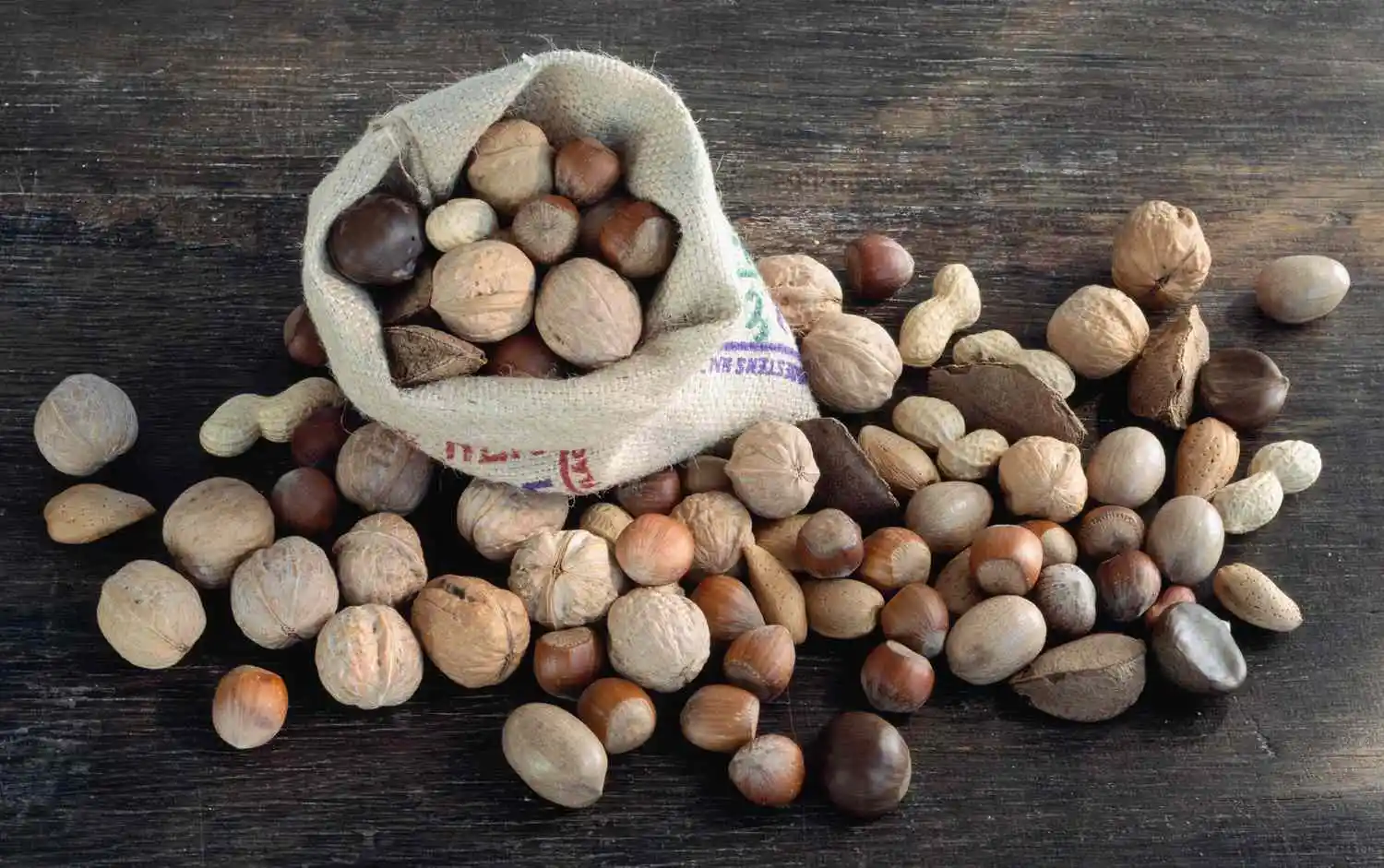Nuts are not only delicious but also packed with essential nutrients that benefit our health in numerous ways.
Whether you snack on them or incorporate them into meals, choosing the right nuts can make a significant difference in your diet.
In this article, we’ll explore the healthiest nuts based on their fat, fiber, and protein content, helping you make informed choices for a balanced diet.

Why Are Nuts Good for You?
Nuts are nutrient powerhouses that offer a range of health benefits.
They are rich in healthy fats, fiber, protein, vitamins, and minerals.
Consuming nuts regularly has been linked to improved heart health, better weight management, and reduced inflammation.
Understanding Nutritional Content
Each type of nut differs slightly in its nutritional composition.
While all nuts contain fats, fiber, and protein, the proportions vary.
For example, almonds are known for their high vitamin E content, while walnuts boast omega-3 fatty acids, beneficial for brain health.
Comparing Fat Content
When it comes to fat content, nuts contain primarily healthy fats, such as monounsaturated and polyunsaturated fats.
These fats are good for heart health and can help lower bad cholesterol levels.
Macadamia nuts and pecans have the highest fat content among nuts, whereas almonds and pistachios are on the lower end.

Fiber-Rich Choices
Fiber is crucial for digestive health and can help regulate blood sugar levels.
Nuts like almonds, pistachios, and pecans are excellent sources of dietary fiber.
Including fiber-rich nuts in your diet can promote satiety and aid in weight management.
Protein-Packed Options
Protein is essential for muscle repair and overall body function.
Nuts such as almonds, peanuts, and cashews are good sources of plant-based protein.
Adding these nuts to your diet can help meet your daily protein requirements, especially for vegetarians and vegans.
Choosing the Healthiest Nuts
Almonds: Known for their high vitamin E content and moderate protein and fiber levels, almonds are a versatile nut that can be enjoyed raw or roasted.
Walnuts: Rich in omega-3 fatty acids, walnuts are beneficial for heart health and brain function. They have a distinct flavor that complements salads and baked goods.
Pistachios: Low in calories compared to other nuts and packed with protein and fiber, pistachios make a satisfying snack that promotes fullness.
Brazil Nuts: These nuts are a great source of selenium, a mineral important for thyroid function and antioxidant protection.
Hazelnuts: Hazelnuts are rich in folate and vitamin E, contributing to heart health and antioxidant defense.
Incorporating Nuts into Your Diet
There are many creative ways to include nuts in your meals and snacks:
Sprinkle chopped almonds or walnuts on yogurt or oatmeal for breakfast.
Use cashews or peanuts in stir-fries or curries for added protein and crunch.
Make your own trail mix with a variety of nuts, seeds, and dried fruits for a nutritious snack on the go.
Conclusion
In conclusion, nuts are not only tasty but also nutritious additions to any diet.
By choosing nuts that are rich in healthy fats, fiber, and protein, such as almonds, walnuts, and pistachios, you can enhance your overall health and well-being.
Incorporate a variety of nuts into your daily meals to enjoy their diverse nutritional benefits.

FAQs about Nuts
1. Are salted nuts as healthy as unsalted nuts?
Salted nuts may contain added sodium, which can be detrimental to heart health if consumed in excess.
Opt for unsalted or lightly salted varieties for a healthier option.
2. Can nuts help with weight loss?
Yes, nuts can aid in weight loss due to their combination of protein, fiber, and healthy fats, which promote satiety and reduce cravings.
3. How many nuts should I eat per day?
A small handful (about 1 ounce or 28 grams) of nuts per day is a healthy portion that provides nutritional benefits without excessive calories.
4. Are there any nuts that are not suitable for certain diets, such as gluten-free or vegan?
Most nuts are naturally gluten-free and suitable for vegan diets.
However, it’s important to check labels for any potential cross-contamination or added ingredients.
5. Can nuts go bad?
Yes, nuts can go rancid over time due to their high oil content.
Store nuts in a cool, dry place to prolong their shelf life, or refrigerate them for even longer storage.
